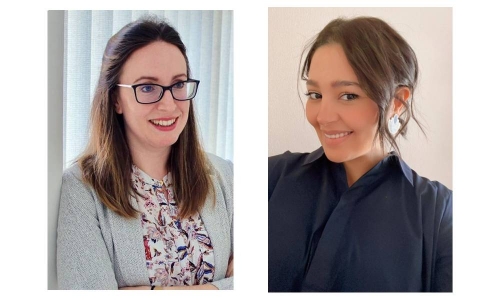Bahrain home to children suffering from neurodiverse disorders
TDT | Manama
The Daily Tribune – www.newsofbahrain.com
Reported by Zahra Ayaz
Experts are seeking more space for spreading the awareness programmes related to neurodiverse disorders in children.
They say such programmes are vital in ensuring the right assistance to those children to have a normal development before they reach their full potential.
According to the experts, the Kingdom is home to more than 22,000 with autism, a developmental disorder that affects the way a person experiences and interacts with the world. Speaking to The Daily Tribune, a clinical administrator for special needs children, Dr Noor Yasser said: “Parents appear to face more challenges in their ability to raise their children from both financial and healthcare perspectives, not to mention the challenges of stigma and other siblings to care for.
Some parents even leave their career paths in order to care for their children. “Parents have a significant part in their children’s development and should be mentally strong since they need to provide support, attention, and a mature understanding with them.”
“Neurodiverse sometimes do feel living in a society might be difficult for them, and it will be unfair for us to judge as every person is different, their way of living, for instance I have two children and both have different thought, choices and different friends and other preferences, “It is our responsibility to include them in the society and try to fit in their world and see from their perspective, that’s why we support all the children and parents too” she said.
Sinead Ni Fhlonin, Clinical Director of Reach Behavior and Development Center, said: “Autism spectrum disorder now affects 1 in 68 children. Boys are nearly 5 times more likely than girls to be diagnosed with ASD, Autism is one of the fastest growing development disorders and more common than cancer and diabetes combined.
“We presently provide treatment for kids and teens between the ages of 1 and 18, and I firmly believe that every therapist can assist children in living life to the fullest. Numerous activities, including speech and language therapy, occupational therapy, developmental assessments, behavioral programming, teaching social and adaptive skills, training parents and caregivers to act as role models, school consulting and support, and family and community support, can be helpful.”
Offering the right support during this growth period is critical. “I believe it is essential for parents to learn about ASD through online resources, workshops, or even parent support groups to ensure parents are supported emotionally, psychologically, and have the knowledge and skills necessary to support their child.”
Related Posts

